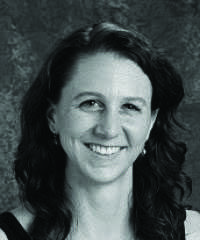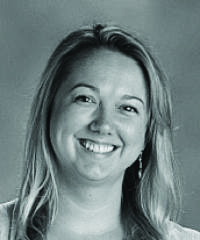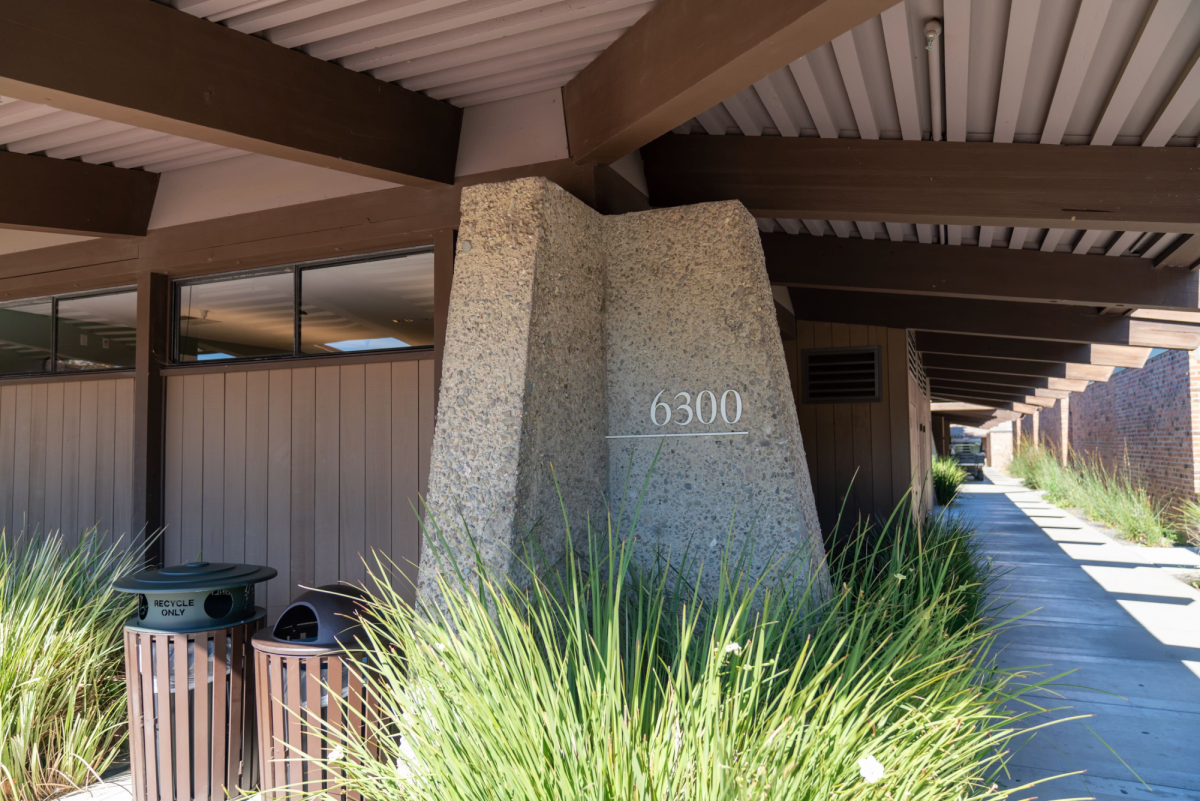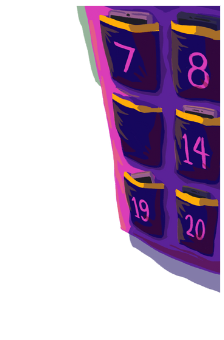Written by Shannon Yang
This year, there will be two new Teacher on Special Assignments (TOSA) positions: a math intervention TOSA and a literacy intervention TOSA. Ariane Tuomy will serve as the literacy intervention TOSA and the math intervention TOSA position will be split between Rachel Congress and Christopher Bell. The TOSAs will be supporting teachers with strategies to promote student success. The three TOSAs and assistant principals Jack Ballard and Heather Wheeler will meet regularly to collaborate and discuss strategies for more comprehensive learning.
Principal Dr. Denise Herrmann believes that the three intervention TOSAs are great fits for the position. “ They are very experienced and accomplished teachers here at Gunn,” Herrmann said. “They want to help students and they want to help their peers be the best teachers they can be. So I think that’s the number one thing. But the other thing is they have the respect of their colleagues.”
In Herrmann’s eyes, each of the TOSAs has a unique skill set that will be helpful to the position. Herrmann referenced how Tuomy’s journey as an English language learner sparked her passion in literacy. She also noted Congress’s ability to understand what makes students frustrated in mathematics and how to get past that, as well as Bell’s skills in technology. “Between the three of them, we’re really hopeful that it’ll be a nice combination of technology support and people support that will make everything work well with the staff,” Herrmann said.
What the positions are
In her new position, Tuomy plans to work on breaking down barriers to student learning and literacy. “I think the word intervention is quite aggressive. I mean, usually when one talks about an intervention, it is a pretty big deal,” she wrote in an email. “I like to think it more as removing barriers. Even in a successful school, there are still barriers to learning. My role is to ‘intervene’ to remove those barriers to learning.”
Tuomy says most of her work will be teacher-centered. “My primary role is to support teachers in their professional development by presenting information on the latest research, best practices and learning around equity and literacy,” she wrote.
Congress has a similar role, except in the math department. According to Congress, her position will entail observing teachers to find out what strategies they are using, as well as supporting teachers in finding ways to differentiate their teaching. “I’m going to be essentially a teacher coach, so I’m a resource that teachers can take advantage of if they feel like they need support,” she said.
The creation of the positions was prompted by recommendations from the district’s Minority Achievement and Talent Development Advisory Committee report to help underrepresented students. “The best kind of intervention is the kind that happens directly in the classroom,” Herrmann said. “The intervention TOSAs are going to be two different staff members who find clearing houses of best practices and they can model different kind of lessons and sort of be a super-duper resource for other people and the staff, and the ultimate goal being to improve student learning.”
Math intervention opportunities
Congress has always been looking for a way to make sure that everyone in her class can be successful, whether that means retakes, standards-based grading or projects. “I never felt right with having a certain percentage of my students fail my class,” she said.

This past year, Congress and her co-teacher, Joanna Hubenthal, succeeded. Because of their differentiated teaching, everyone passed their class except for students with truancy issues.
Though traditional classrooms often target auditory learners and students who express themselves in writing as opposed to speaking, Congress feels the need to mix it up. “I really try to make my course address as much of the different learning styles as possible,” she said. In addition to differentiation, Congress stresses the importance of thinking about how classes are structured. “If your class is primarily based on just test scores or maybe it’s just primarily based on homework, now is that the best way to assess whether students are understanding?” she said. “If a student fails to turn in their homework, does that mean they fail the class? If a student bombs one test, does that mean they fail the class?”
Right now, Congress believes that the math department does a great job with coordinating materials and sharing assessments, but could work on using results to inform instruction.
Another challenge in the math department is that courses are now open enrollment, in which students can sign up for any lane for which they meet the prerequisites, without teacher recommendation. “The classes are going to be a lot more diverse in terms of ability level so teachers will definitely need to differentiate, maybe more differentiation than they’ve done in the past,” Congress said. “So the idea with my position is that by supporting the teachers, I will be helping the students indirectly.”
Literacy intervention opportunities
As for literacy, Tuomy points out that it is really more complicated than it seems, and despite passionate teachers and dedicated students, academic language is still not accessible to all. “I don’t know that the system supports a space where these two groups come together to make academic language accessible to all students,” Tuomy wrote. “Most people think of literacy as the ability to read and write. But it is really more complex than that. It includes cultural and subject specific language. Can you ‘read’ a political cartoon in history? A chart in Biology? What about understanding how to provide a complete answer to a critical thinking question at the conclusion of a math unit? How can you explain your learning in writing? These are all aspects of literacy.”

Tuomy says she has had an “activist bone” in her since she was a child. And as an English language learner herself, Tuomy saw how language could open or close doors. “Academic language can be hard to unpack,” she wrote. “In many ways it is a foreign language students need to acquire.”
In this new position, Tuomy sees uncertainty, but is willing to take the risk. “Of course, there is always a risk in stepping into a position that is brand new,” she wrote. “I know what I hope to achieve—whether I am successful in that endeavor is not guaranteed.”










